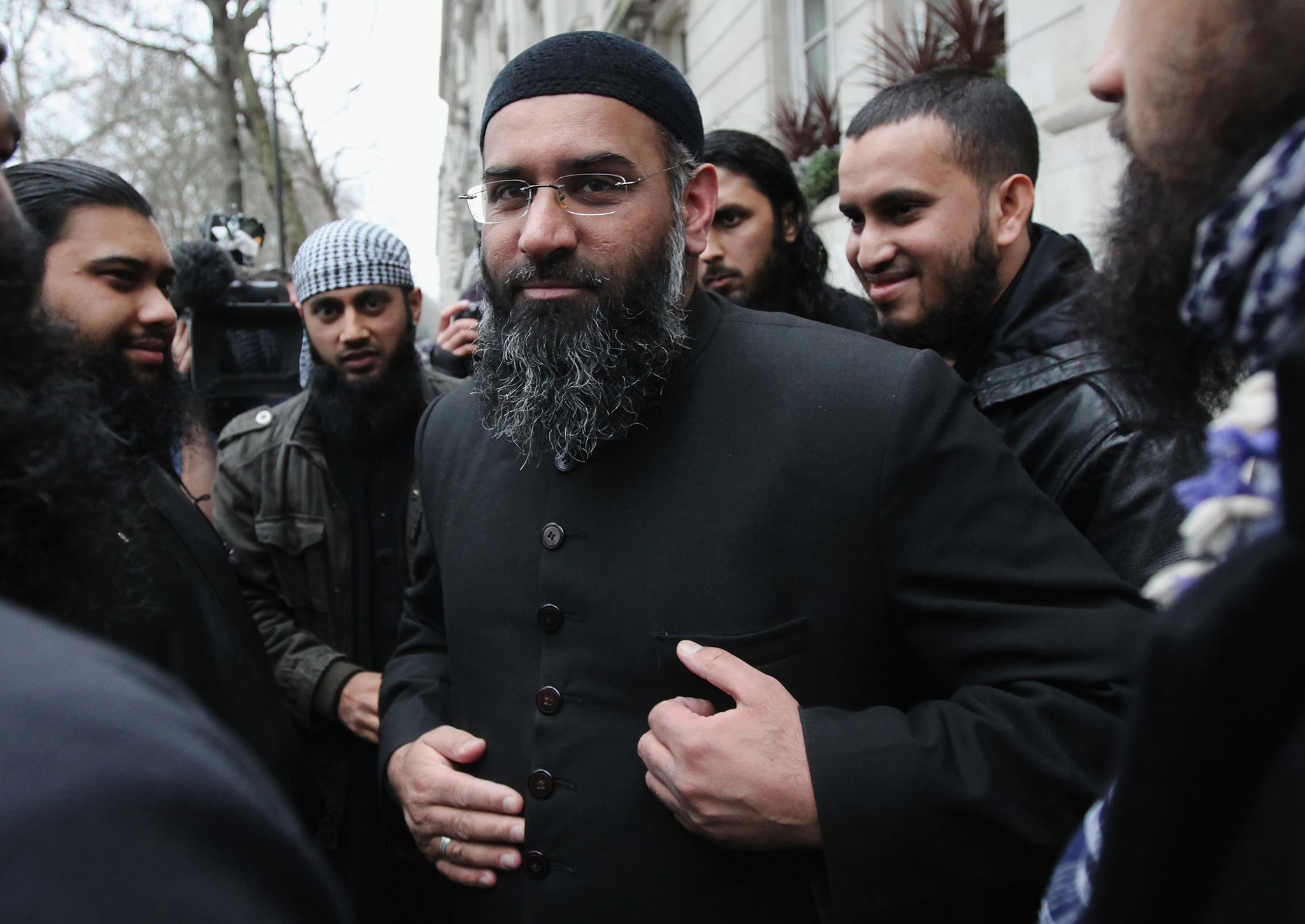The BBC’s Mark Easton is right to compare Anjem Choudary to Gandhi and Mandela
We may absolutely despise the hate preacher's ideas, but they're still ideas

Your support helps us to tell the story
From reproductive rights to climate change to Big Tech, The Independent is on the ground when the story is developing. Whether it's investigating the financials of Elon Musk's pro-Trump PAC or producing our latest documentary, 'The A Word', which shines a light on the American women fighting for reproductive rights, we know how important it is to parse out the facts from the messaging.
At such a critical moment in US history, we need reporters on the ground. Your donation allows us to keep sending journalists to speak to both sides of the story.
The Independent is trusted by Americans across the entire political spectrum. And unlike many other quality news outlets, we choose not to lock Americans out of our reporting and analysis with paywalls. We believe quality journalism should be available to everyone, paid for by those who can afford it.
Your support makes all the difference.In Britain unpleasant and dangerous ideas can be left alone without the need for an official ban. We don’t lock up people who stand outside tube stations hawking the Socialist Worker, despite the fact they seek to bring about the violent overthrow of capitalism and its replacement with a one-party state.
We don’t arrest the eccentrics, crackpots and – more often – adolescents who espouse such ideas, because we grasp that they will never catch on and that their proponents will probably grow out of it.
Unfortunately David Cameron’s government doesn’t appear to see it like that. As of Wednesday, spreading hate or "anti-democratic sentiments" could land you with a banning order – effectively silencing you - in the name of "challenging extremism".
Extremism is defined by the Government (very broadly) as “vocal or active opposition to fundamental British values including democracy, the rule of law, individual liberty, mutual respect and tolerance of different faiths and beliefs. In addition, calling for the deaths of members of the armed forces”.
A great example of the many problems with the new legislation was demonstrated yesterday when the BBC’s Mark Easton sent the right-wing press into paroxysms of rage by comparing Islamist hate preacher Anjem Choudary to Mahatma Gandhi and Nelson Mandela. Reporting on the Government’s anti-extremism proposals, Easton made the point that Gandhi and Mandela had both been “extremists” and that extreme views “are sometimes needed to challenge very establish values”.
Admittedly it appears at first glance as if Easton was sounding off like a misguided sociology lecturer, telling students that “one man’s terrorist is another man’s freedom fighter” (omitting the important caveat that a freedom fighter has to actually be fighting for freedom and not theocracy).
But for all the frothing over what he said, Easton has a point. He isn’t claiming that Islamist oddballs like Choudary are waging a justified struggle against western racism and imperialism (as the aforementioned professor might say) but is instead trying to draw attention to the draconian potential inherent in legislating against the expression of ideas – dangerous and nasty ideas, but ideas nonetheless.
Prior to Wednesday, terrorism was considered a criminal matter whereas extremism was not. And for a fairly sound reason: the accusation of extremism has historically been applied in a crude and catch-all manner. Suffragettes, trade unionists and campaigners for gay rights have all at one time been dismissed as nuts and fanatics by the authorities only to be exonerated by ever-evolving public opinion at a later date.
This is not to say we shouldn’t make value-judgements about the sort of societies extremists seek to fashion. One person’s terrorist is often everyone’s terrorist, and hate-mongers like Anjem Choudary wish to create a world that would stand in stark opposition to even our most basic concepts of freedom and democracy.
But extremism is an all-purpose term applicable to a wide array of ideas. As is "vocal or active opposition to fundamental British values". Free speech is regularly named by the public as the most cherished of the so-called British values, yet Cameron is happy to suppress it in the name of safeguarding the values he’s supposedly determined to protect. Would it now be correct to phone the police to have David Cameron arrested for "opposition to fundamental British values"?
Censorship and the suppression of ideas eat away at society like a termite infestation: they go unnoticed until one day the house falls down. Anjem Choudary is not the same as Nelson Mandela or Mahatma Gandhi. But legislating on the basis of a "dangerous idea" is a net which has in the past sucked in the Mahatmas as well as the pound shop Jihadists of the world.
Join our commenting forum
Join thought-provoking conversations, follow other Independent readers and see their replies
Comments